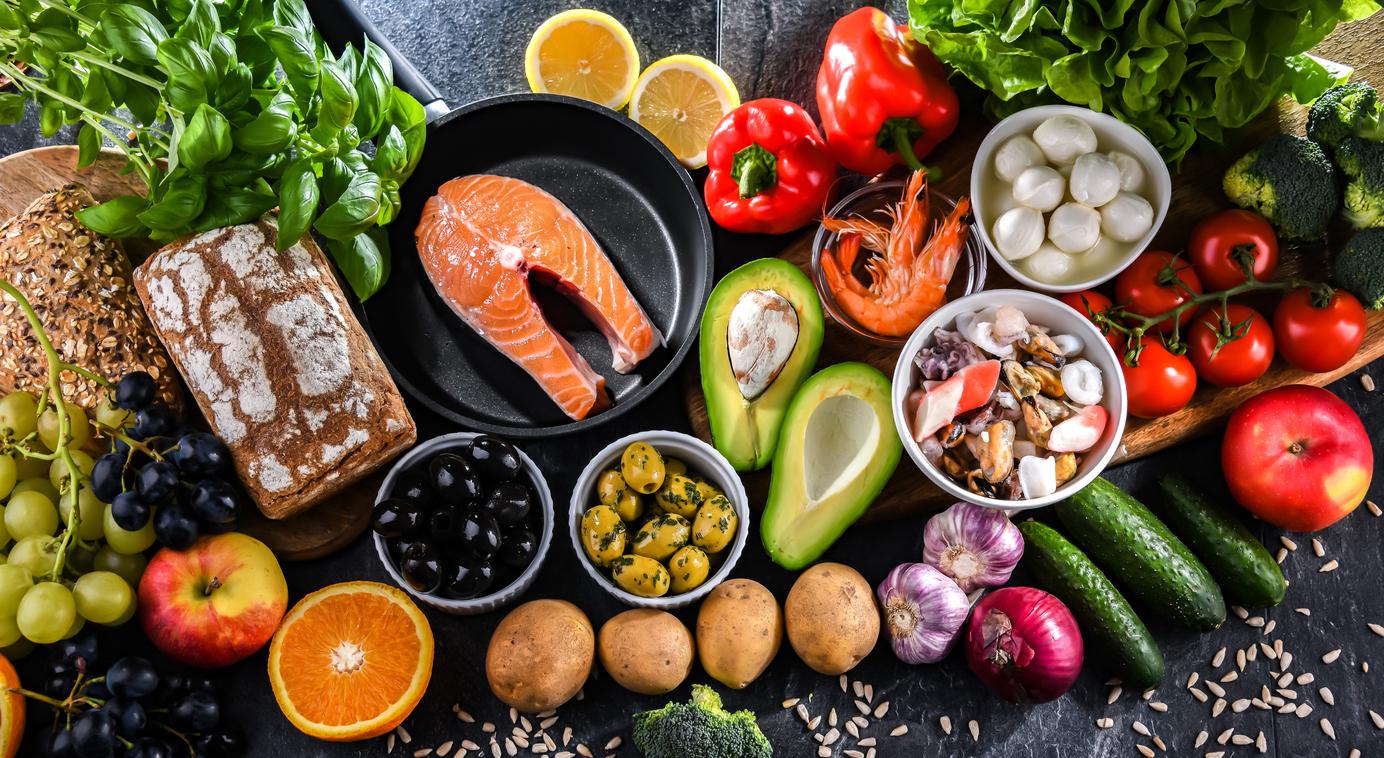In people affected by celiac disease, it is tryptophan, an amino acid present in our intestine, that is lacking. Present in too few numbers, foods rich in gluten are not digested and create inflammation and intestinal lesions. A new approach could soon change everything.
-1603495059.jpg)
- People with celiac disease do not have enough tryptophan and indole derivatives in their gut.
- It would be possible to rebalance these levels with protein foods or with a probiotic, Lactobacillius reuteri.
- Worldwide, 40% of the world’s population has gluten genes but only 1% is really affected by celiac disease.
It is a hope for all those who suffer from gluten intolerance. An international research consortium, made up of teams from the universities of the Sorbonne, McMaster (Canada), Wageningen (Netherlands), Inserm, AP-HP and Inrae, shows that Intestinal microbiota of patients with celiac disease shows a defect in the production of an active compound resulting from the degradation of tryptophan by our body. According to scientists, it would be possible to metabolize this amino acid thanks to the supply of tryptophan and probiotics. The results of their study were published on October 21 in the journal science transnational medicine.
Poor assimilation by our body
Celiac disease affects the intestinal immune system and is characterized by an intolerance to certain food proteins, called gluten. This protein, commonly used in our diet, is generally found in cereals such as wheat, corn or rice. This pathology, which affects one percent of the world’s population but which can cause discomfort in 40% of Earthlings, causes inflammation of the digestive system. Most often, it gives rise to abdominal pain, diarrhea and can lead to weight loss in people who suffer from it.
In people intolerant to gluten, it is the prolamins, part of the proteins contained in cereals, which are not digested by the body. This prolamin, in the form of gliadins, causes inflammation of the digestive tract. If the problem is not treated, it can lead to damage to the inner lining of the intestine, cause chronic diarrhea and nutritional deficiencies, due to the poor assimilation of nutrients.
In healthy subjects, the intestinal microbiota produces chemical compounds, called indole derivatives, to strengthen the barrier of our intestine and stimulate its immune system, which calms inflammation.
Knowing that the microbiota is essential for maintaining good assimilation of food, the researchers looked into this flora. With the knowledge that the scientific world has on other inflammatory bowel diseases, such as Crohn’s disease for example, they know that a defect in the production of an amino acid like tryptophan can lead to pain.
Restore the right amount of tryptophan
The teams inspected the stools of 29 patients, either suffering from active celiac disease or suffering from celiac disease but treated for at least two years with a gluten-free diet. In patients affected by celiac disease, indole derivatives of tryptophan are reduced. Similarly, the microorganisms responsible for metabolizing tryptophan and producing indole derivatives are present in small quantities.
In mice facing the same problem, it was possible to solve this problem in two ways. In the first case, this involves the intake of protein foods, such as meat, liver, dried fruits or dairy products. The other alternative is to ingest probiotic bacteria Lactobacillus reuteri, found in milk, cheese or sausages, which naturally produces indole derivatives from tryptophan.
When the diet is enriched with tryptophan, it causes a change in the microbiota of the animal. In mice, intestinal inflammation was reduced, whether with protein foods or with the Lactobacillus reuteri, while reducing intestinal damage due to celiac disease.
With this study, new therapies, other than a strict gluten-free diet, open up for patients with celiac disease. New studies are, however, complementary to confirm these results in humans, but this could greatly improve symptoms in people with celiac disease.
.















